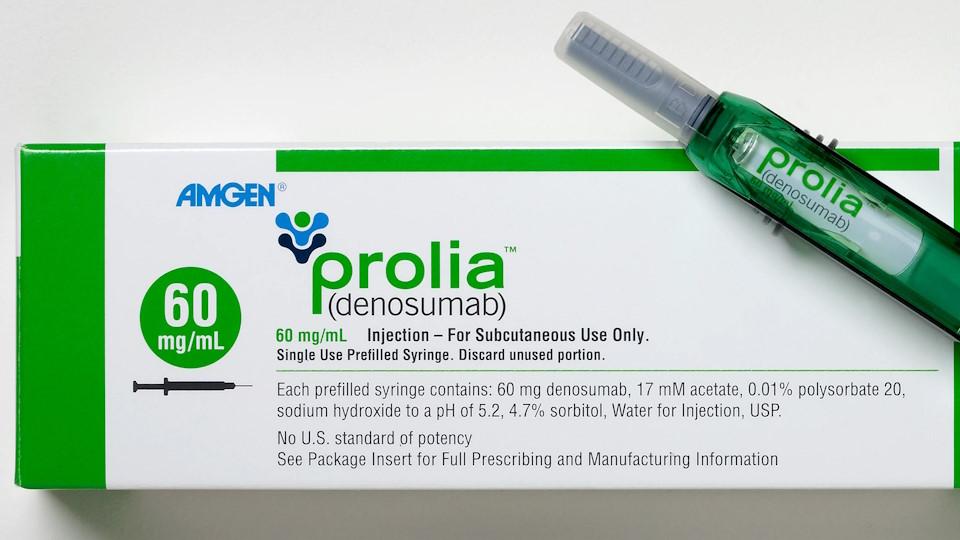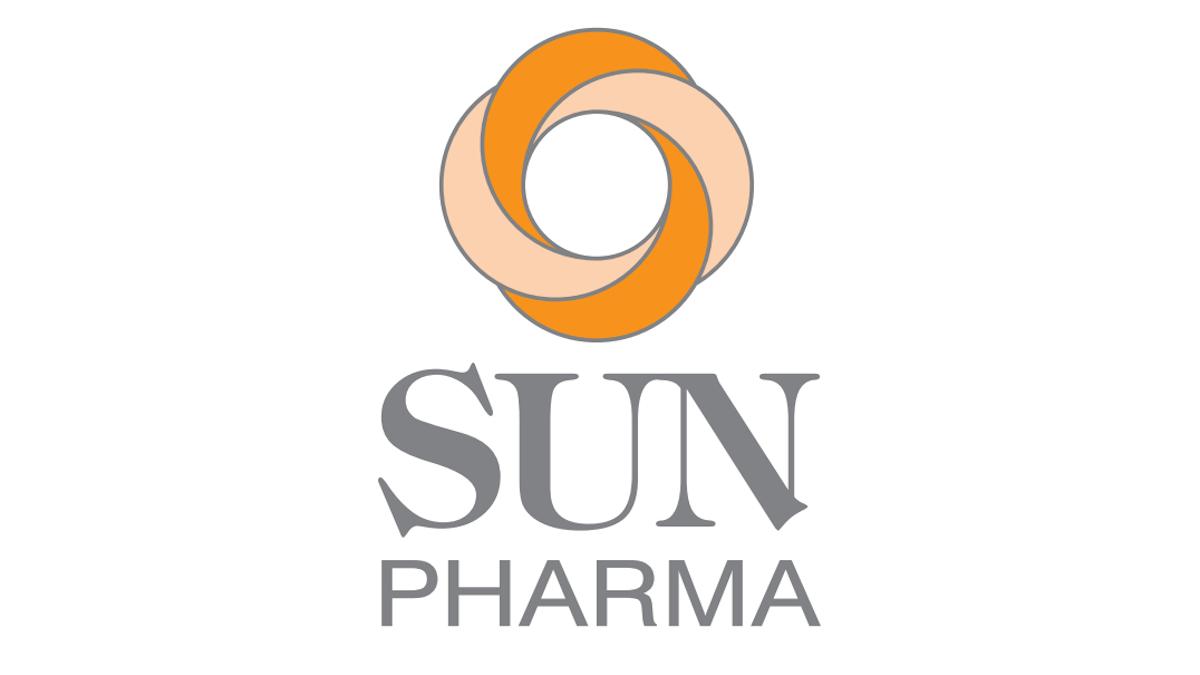Sandoz gets first FDA OK for denosumab biosimilars

Sandoz has claimed the first FDA approvals for biosimilars of Amgen’s blockbuster bone disease therapy denosumab, but has not said when it plans to launch them onto the US market.
Amgen sells RANKL inhibitor denosumab as Prolia for osteoporosis in women and men and bone loss caused by other drug treatments, while Xgeva is used for a range of cancer indications, including bone metastases associated with solid tumours and multiple myeloma, giant cell tumours of the bone, and hypercalcaemia of malignancy.
Prolia is currently the company’s biggest-selling drug, bringing in $4 billion last year, including $2.7 billion from the US, while Xgeva is ranked at number four, contributing $2.1 billion overall and $1.5 billion in the US.
Sandoz’ Prolia and Xgeva biosimilars – respectively called Jubbonti and Wyost – have been approved for all of the indications of Amgen’s brands and, according to the company, are fully interchangeable, meaning that dispensers will be able to substitute them for the brand without the involvement of a prescriber.
Wyost and Jubbonti have “the same dosage form, route of administration, dosing regimen, and presentation as the respective reference medicines,” said Sandoz, which also got approval for the biosimilars in Canada last month.
A launch will depend on the outcome of litigation between Sandoz and Amgen, which filed a lawsuit alleging patent infringement last year. According to the trade organisation the Generics and Biosimilars Initiative (GaBI), the patents on Prolia/Xgeva are due to expire in the US on 19th February 2025.
Patents in Europe expired in 2022, but so far no denosumab biosimilars have launched in the EU market, according to the Centre for Biosimilars.
Other companies with copycat denosumab products in clinical development include Samsung Bioepis, whose SB16 version of Prolia is in phase 3 testing for post-menopausal osteoporosis, India’s Intas Pharma, whose biosimilar is already approved in India and in a late-stage trial in the US, and Iran’s AryoGen Pharmed, which reported phase 3 results with its Arylia candidate in 2022.
Amgen is viewed by industry analysts as having a maturing product line and has been working to expand its late-stage pipeline in response to a challenging patent cliff – which also saw $3.7 billion blockbuster Enbrel (etanercept) lose market exclusivity in the US last year – with deals such as its $27.8 billion acquisition of Horizon Therapeutics and $3.7 billion takeover of ChemoCentryx, which both closed in 2023.












